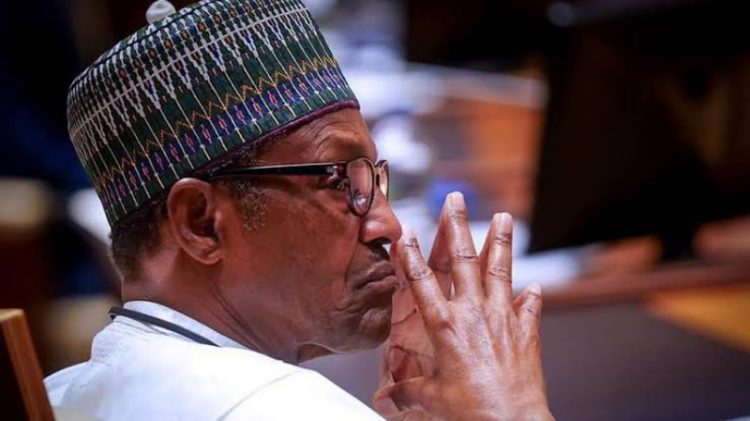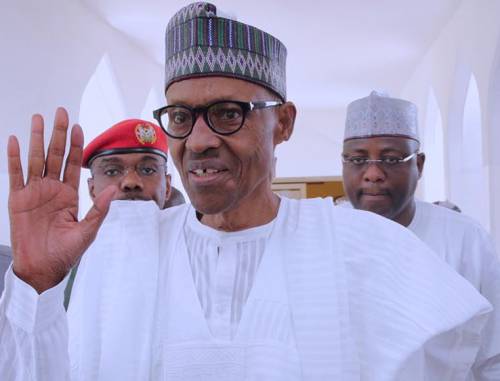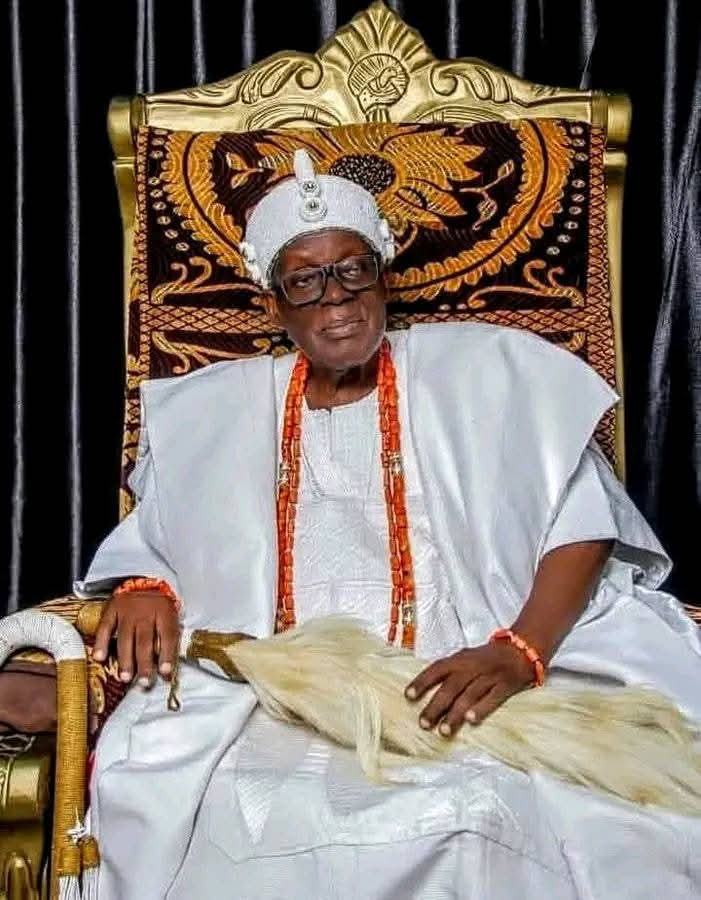The mass media reported that as Nigerians slept on January 19, 2023, the government of President Muhammadu Buhari, again, increased the price of petrol. This time from N170 per litre to N185.
Twenty four hours later, the Minister of State, Petroleum Resources, Chief Timipre Sylva, denied that government gave the order for the price hike. Despite this, the new price is in place and government has not taken any known step to reverse the increase.
The Minister added: “Government will not approve any increase of PMS secretly without due consultations with the relevant stakeholders.” This must be a new policy as previous increases by this administration were done without consulting “stakeholders” which I assume include the labour and professional unions and mass-based organisations.
Minister Sylva asserted that: “There is no reason for President Muhammadu Buhari to renege on his earlier promise not to approve any increase in the price of PMS at this time. Mr President is sensitive to the plights of the ordinary Nigerian…”
In contrast to these claims, Mrs Zainab Ahmed, Minister of Finance, Budget and National Planning on January 17, 2023 affirmed that President Buhari is bent on removing fuel subsidies which as we know, will lead to astronomical increases in the price of PMS. She said: “Whether it is done completely 100 per cent by June or otherwise, it’s the process and the cost that count (but) it’s more expedient if you remove it gradually than to wait and move it all in one big swoop.”
Minister Zainab said the decision of the Buhari government is to remove the fuel subsidies “beginning from January 2022”, adding: “So, in June 2023, we should be able to exit.”
So, which of the Ministers is telling Nigerians the truth? My take is that both are speaking for the same government which as usual, is speaking from both sides of the mouth.
In my analysis, the January 19 increase was to test the waters, and the denial might be a tactical retreat. As the Finance Minister revealed, the price increases will be gradual and stretch over the next five months.
You see, this regime behaves like a rat that continuously blows air on a sleeping victim’s heels as it eats them.
In order to achieve the planned fuel price increases, the tactics of the Buharists are first to allow anarchy at the fuel stations with each station selling at whatever price it likes without being called to order. Then the product is made scarce as the inflammable product is sold in Jerry cans to street urchins who sell on the streets – a twisted kind of empowerment. Simultaneously, long fuel queues would be manufactured at fuel stations, causing chaotic traffic jams in urban centres. These would have weakened the populace who like an already traumatised rape victim, surrenders the body to violation.
In the military, these tactics and strategies would be called an ambush. Therefore, my theoretical postulation is that this is governance by ambush. In my view, only serving and retired generals who are jungle experts, can execute this type of complex operation.
However, these military strategies and tactics unleashed on the distressed Nigerian populace would have served the country better were they equally deployed against the terrorists, bandits and marauding foreigners who are making our beautiful country unliveable.
So what are the “bloody civilians” saying? Let us listen to a ‘Captain of Industry’ who should know better and protect industrialists against the ruination that is the so-called deregulation of petroleum products.
Dr Muda Yusuf is the immediate past Director General of the Lagos Chamber of Commerce and Industry, LCCI. He makes three patently false arguments.
First, that the marginal increase is a step in the right direction, but insufficient to make any meaningful impact because Nigerians are currently buying at prices ranging between N200 and N400 per litre. His false logic is that if the prices are high, Nigerians will buy a litre of fuel at an official price. Our experience from 2000 when a litre was N20 has put a lie to this.
Secondly, he argues that there should be full deregulation “in order to attract significant investment into the sector for the benefit of the nation”. Our experience over the years when diesel and kerosene were fully deregulated have shown the falsity of this claim. The reality is that with so-called deregulation, these products became so costly that many factories closed down, countless Nigerians with diesel generators could no longer afford to run them and many more Nigerians, especially in the rural areas, resorted to the use of firewood for domestic cooking. Even the airlines could not afford the cost of aviation fuel, the A-1 Jet.
The third false premise of Yusuf is that: “The present subsidy is majorly enjoyed by a few persons…” The reality is that PMS is the fuel of life whose cost directly affects cost of living, including transportation, food prices and shelter, and cripples small scale entrepreneurs who have to power their petrol generators. Only the wealthy like Yusuf, the idle rich whose bills are picked up by the state and those making a living from making propaganda for government, will make such ridiculous arguments.
The reason why we have fuel subsidies is simply because for 65 years now, we sell crude oil adding no value to the product. Secondly, that we export the crude oil without refining for local consumption. Consequently, the country buys all its petroleum product needs from other countries using scarce foreign exchange and providing jobs for workers in those countries while also paying insurance, freight and demurrage.
These products are then discharged at the congested Lagos ports into fuel tanks. They are subsequently loaded into fuel tankers which damage and congest the roads. These spend days to get out of the ports and additional days to discharge the products around the country. It is simply an insane system that cannot but result in unnecessary and dubious subsidies.
The simple solution is to locally refine petroleum products. It is over this, the Yusufs, politicians and technocrats of Nigeria have been dribbling Nigerians and de-industrialising the country.
I don’t know what school Yusuf attended but for somebody who rose to be the director general of industrialists, he should be familiar with factors for the siting of industries. These basically are the availability and closeness to raw materials, power, climate, labour costs, transportation and nearness to markets. All these are in favour of locally refining our petroleum products needs. Even during the Civil War, over 50 years ago, Eastern Nigeria, with bombs raining on it, produced its petroleum products needs.
The fault, fellow Nigerians, is not in our stars but in our leaders and our failure to hold them accountable.





